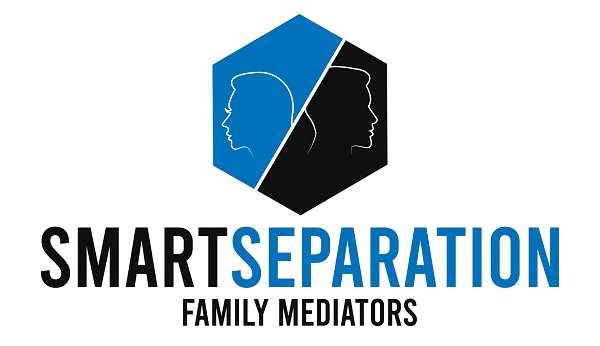The Rising Popularity of Toronto Family Mediation
In recent years, more couples in Toronto have been turning to family mediators instead of taking their disputes through the court system. Here’s why family mediation is becoming the preferred choice for many Toronto couples:
- Overloaded Court System and Long Wait Times in Toronto
The Ontario family court system, especially in large urban centres like Toronto, is experiencing significant backlogs. Hearings are often delayed for months, causing emotional strain and legal uncertainty. In contrast, family mediation offers a much faster path to resolution, often concluding in just a few sessions, helping couples move forward without the wait. - Increasing Legal Costs of Traditional Litigation
Legal representation in a contested divorce or family matter can cost tens of thousands of dollars per party. With Toronto’s high cost of living, many families are looking for more cost-effective alternatives. Family mediators typically charge lower hourly rates, and flat-fee options are often available, making mediation a more accessible option for couples looking to reduce financial stress. - Provincial Encouragement of Alternative Dispute Resolution
Ontario’s family law framework actively promotes alternative dispute resolution (ADR) methods like mediation. Courts often encourage or require parties to explore mediation before proceeding to trial. - More Awareness About the Benefits of Peaceful Resolution
Today’s separating couples, especially parents, are more aware of the emotional impact of prolonged legal battles—particularly on children. Mediation supports a cooperative and respectful environment, allowing parties to communicate openly and work together to reach mutually agreeable solutions. In Toronto, where co-parenting after separation is common, this approach often helps build stronger post-separation relationships.
What Does a Toronto Family Mediator Do?
A Toronto family mediator plays a vital role in helping separating or divorcing couples reach fair and mutually acceptable agreements—without stepping into a courtroom. Unlike lawyers, a mediator is a neutral third party who facilitates communication, manages conflict, and ensures the mediation process remains respectful and balanced.
Here’s a closer look at what a family mediator in Toronto does:
- Helps Parties Reach Agreements on Parenting, Support, and Property
Mediators assist in resolving key issues such as child custody and access (now called parenting time and decision-making responsibility), spousal support, and division of property or debts. - Creates a Respectful Space for Discussion
Family law mediation provides a structured, safe environment where each party can speak freely without fear of judgment or interruption. - Drafts a Memorandum of Understanding (MOU)
Once an agreement is reached, the mediator typically prepares a Memorandum of Understanding (MOU). While it’s not legally binding on its own, it can be reviewed by independent legal counsel and used as the basis for a formal separation agreement or court order. - Ensures Both Parties Are Heard and Understood
One of the most important aspects of family mediation is the mediator’s role in balancing the conversation. - Maintains Neutrality—Not Offering Legal Advice, but Guiding Toward Resolution
A Toronto family mediator does not take sides or offer legal advice. Instead, their job is to guide the conversation. While legal education is helpful, mediators refer clients to independent lawyers for legal advice or formal review.
Mediation vs. Court: A Comparison for Toronto Families
When facing separation or divorce, Toronto families must choose how they want to resolve important issues such as parenting, support, and division of property. The two most common paths are family mediation and court litigation:
| Aspect | Mediation | Court |
| Process | Voluntary, confidential, and guided by a neutral Toronto family mediator | Formal, adversarial process that is part of the public record |
| Decision-making | Driven by the couple through mutual agreement | Final decisions made by a judge |
| Cost | Typically lower—flat fees or hourly rates | Higher legal fees, especially in contested cases |
| Duration | Can be resolved in weeks or a few months | May take a year or more due to court delays |
| Emotional Impact | Less stressful, encourages cooperation | Often increases tension and emotional strain |
| Suitability | Best for cooperative or moderately conflicted couples | Necessary for high-conflict or abuse-related situations |
As an experienced family and divorce mediator in Toronto, I often write blogs to provide insights, tips, and resources on family mediation and divorce in Ontario. Follow my blog to stay informed and empowered during challenging times.



